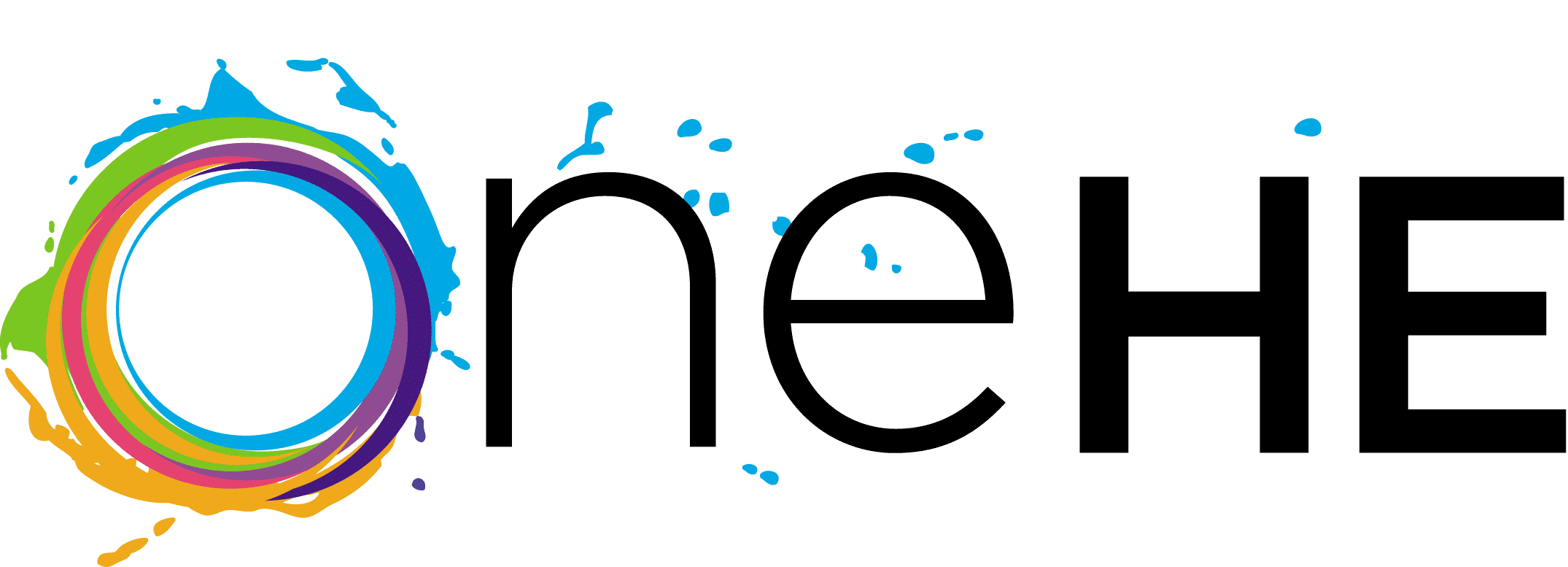Click here to view the video transcript
The abrupt move in the pandemic to remote instruction highlighted for many educators that what they might typically do to make cheating the exception and integrity the norm, like invigilating in-person exams, was no longer available to them, and so they had to think of new approaches that they could do. Ironically, those new approaches work just as well or equally well in the in-person environment. So the approaches that I’m going to talk about work whether you’re teaching remote, hybrid, or in-person.
The first approach is to really look at your syllabus and your course assessments and your instructions that you’re giving your students. Are they performance oriented or are they mastery reoriented? So for example, when I teach, I have my learning objectives on the front page, the first page of my syllabus, just like many other educators do. And I realised that students, once we got past the first page, there was no more reference to these learning objectives. And so on my page in my syllabus where I talk about, you know, kind of the weekly schedule, the weekly schedule for the term, I talked about what activities we were doing and what assessments were due and I tied it back to the learning objectives that I mentioned on the front page.
So every student knew why we were doing a particular activity or assessment in terms of how it was connected to their learning. You also want to look at your syllabus and your other course instruction for performance measures like, a lot of faculty have said, how do you get an A in this class? That sets up students to think this class is about performing to get a grade. And so looking for little symbols, little implicit messaging that performance matters more than mastery and taking a look at those and changing it so that you’re emphasising learning and mastery more than performance.
So the second activity I recommend is taking a look at all of your assessments in your class. Is there a surface learning assessment or an assessment that is easy to cheat on that you can replace with something that has a deeper approach to learning or a mastery orientation? So for example, it’s very common in our STEM fields that students are assigned homework out of textbooks. A lot of faculty or educators call them practice problem sets. But unfortunately, students can copy those solutions out of textbooks very easily. And so on the large part, you be assessing whether students can copy and paste rather than did they learn the material. So I recommend that you either eliminate such assessments entirely or you do not count them for grades, you do not assess them for learning because you’re likely not actually assessing for learning.
Now, I know a lot of educators are going to panic and they’re going to say, if I don’t give them a grade they won’t do the practice problem. So here’s a few ways to get around that. One, if you have some data to show that students who do the practice problems generally learn or master the material better than students that don’t, you can sway their behaviour, you can influence them to do the practice problems for mastery, for learning. Another way to do it is to make the classroom activities dependent on their knowledge and understanding, their learning from those practice problems sets.
So, for example, when I teach I use team-based learning methods, and the assessments that students have to do, or the activities that students have to do before coming to class, I used to give points for. And students actually complained that there were so many things that they had to do for points, they actually complained about getting grades. And so I removed the grading of those activities and depended on peer norms or peer expectations to have students do them. So I tied the activities in class to the pre-class activities. If students showed up not having done them, not having done the practice problem sets, essentially, their peers would let them know that they were dissatisfied with their performance. And so that can encourage students to actually learn the material versus doing it just for the points, because that does not bring out that intrinsic motivation for learning, which means that they’re more likely to cheat on it.
The third thing that I recommend you doing is co-creating a code of ethics or a statement of values with your students. The very first step for a lot of educators is simply to just talk about academic integrity with their students, perhaps they’re not doing that at all. And at a very basic level, that’s what you should do. Talk about integrity, what is integrity in this class and on each assessment and what would be considered cheating, because there are different expectations and rules from class to class and you should be transparent in communicating those. But to go beyond that, talking with your students about integrity, you might be surprised that the majority of your students want the same things that you do. They want a classroom that is honest, fair, respectful, responsible, and trustworthy. They just don’t know how to articulate that.
So if you use those values that I just mentioned, honesty, respect, responsibility, trustworthiness, fairness, and courage, and you work with your students to say what behaviours of the students, of you, would uphold those values and what behaviours of myself and the rest of the instructional team would uphold those values, they’re going to come up with the same behavioural expectations and norms that you would. Come to class prepared, both the instructor and the students. Don’t be doing personal things while in class. Don’t cheat, don’t plagiarise, right? But by creating it with the students there’s going to be a better buy-in, because students will hear other students saying, I don’t want you to cheat, I don’t want you to plagiarise. And so together we create that shared culture or those shared norms and expectations that can have a lot more power than you simply telling them the dos and don’ts of integrity.
The abrupt move to emergency remote instruction highlighted for many teachers that the ways in which they could make cheating the exception and integrity the norm (i.e., primarily close proctoring of in-class exams) were not transferrable to the virtual environment. Instead, new activities/approaches are required that would improve teaching and learning in the in-person, remote, and hybrid worlds:
A – Analyse your syllabus and other communications (e.g., assignment prompts) for performative symbols amenable to reinforcing extrinsic motivations and then remove them. For example, do you say anywhere ‘how to get an A in this class’ (rather than ‘how to learn the most you can’ or something like that)? Do you give points away for things like attendance, that are related to performance but not learning? Do you state your learning objectives and align them with each lesson, activity, and assessment?
B – Replace one assessment that is on the surface, in favour of a deeper level assessment. For example, if you currently assign any homework that can be completed simply by copying and pasting (e.g., problem sets out of textbooks), then either eliminate that homework OR change it to practice problem sets that are completed for mastery, not for points. To help motivate the students, show them data that demonstrates that students who actually do the problem sets (rather than copy and paste them) show greater mastery of the material on graded assessments.
C – Co-develop with your students a Statement of Values or Code of Ethics for the class. Start the quarter off talking about the fundamental values of academic integrity (honesty, respect, responsibility, fairness, trustworthiness, and courage) and how each member of the class (from student to TA to Instructor) should act in order to uphold those values. This collaborative discussion -which doesn’t have to be long – can go a long way to establish integrity norms as a way to counter any cheating norms.


Discussions
Have you tried any of these activities? What was the result?
Please share your thoughts and questions in the comments section below.